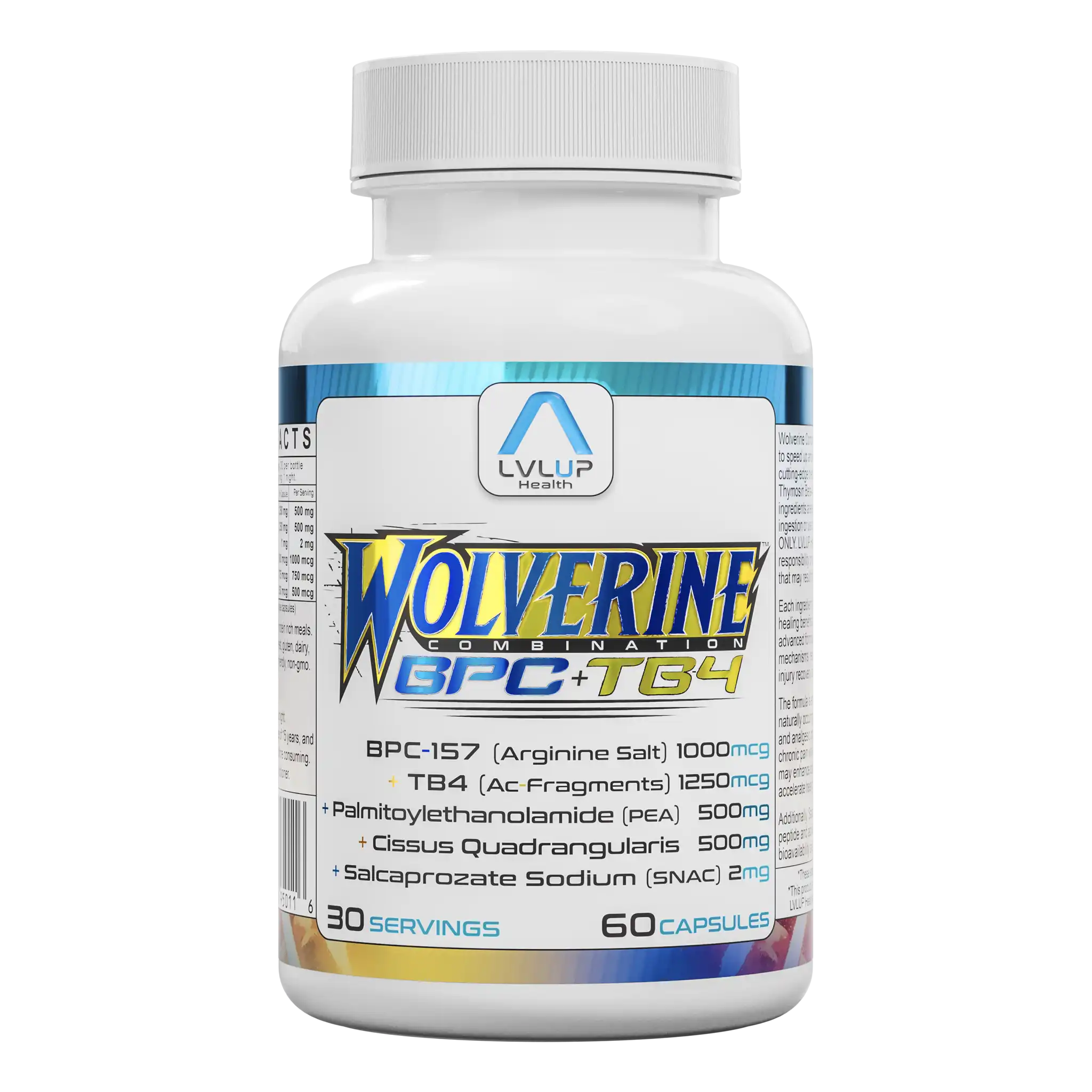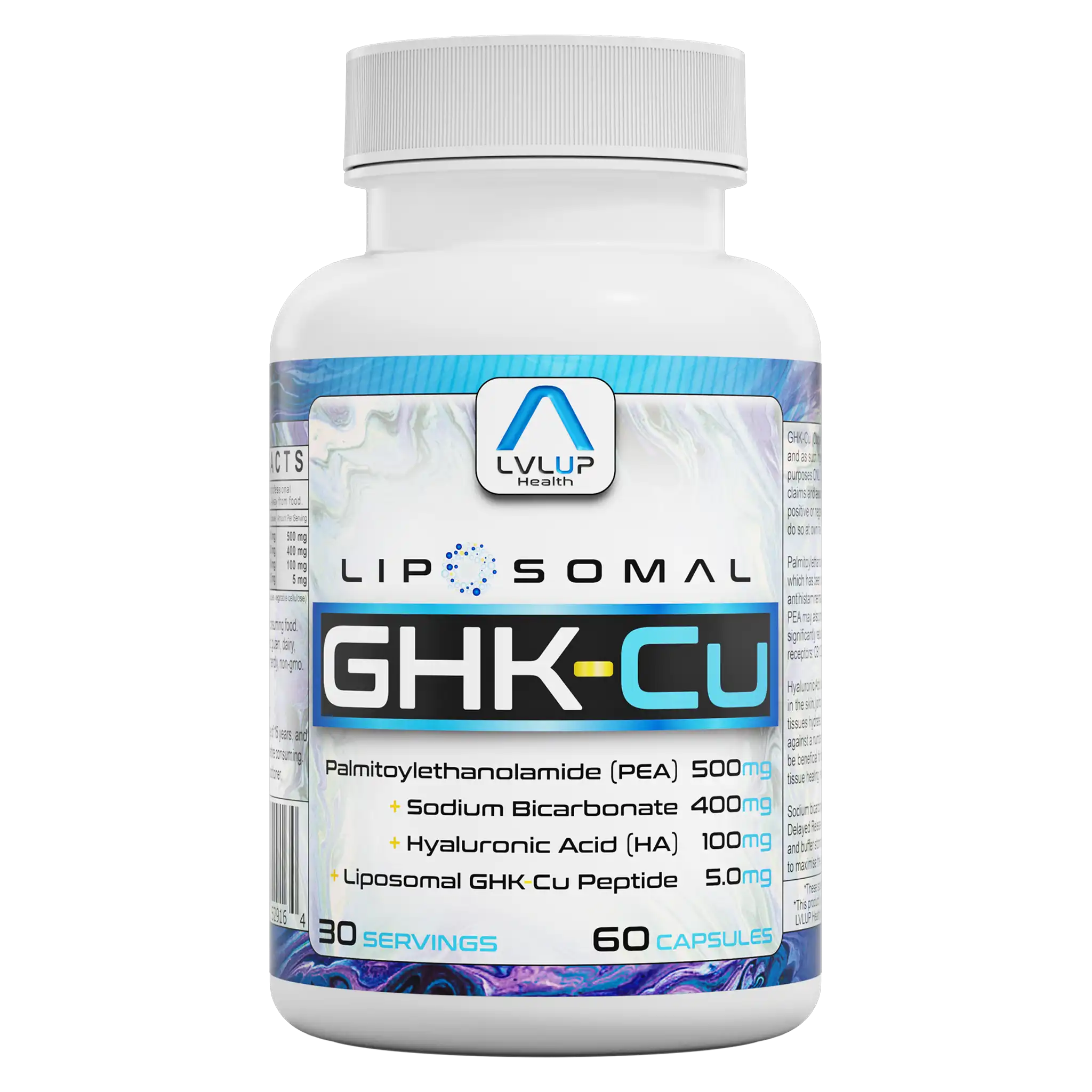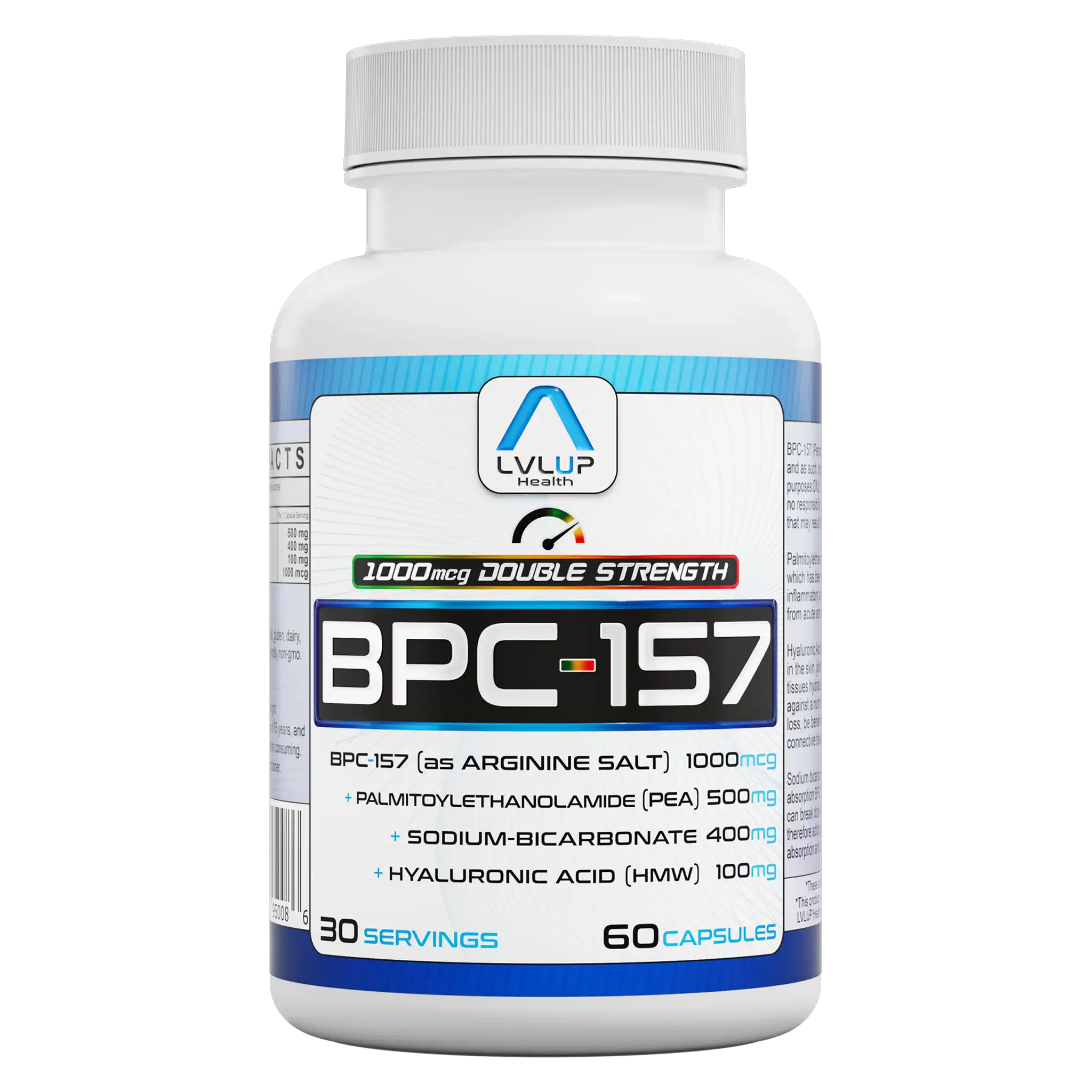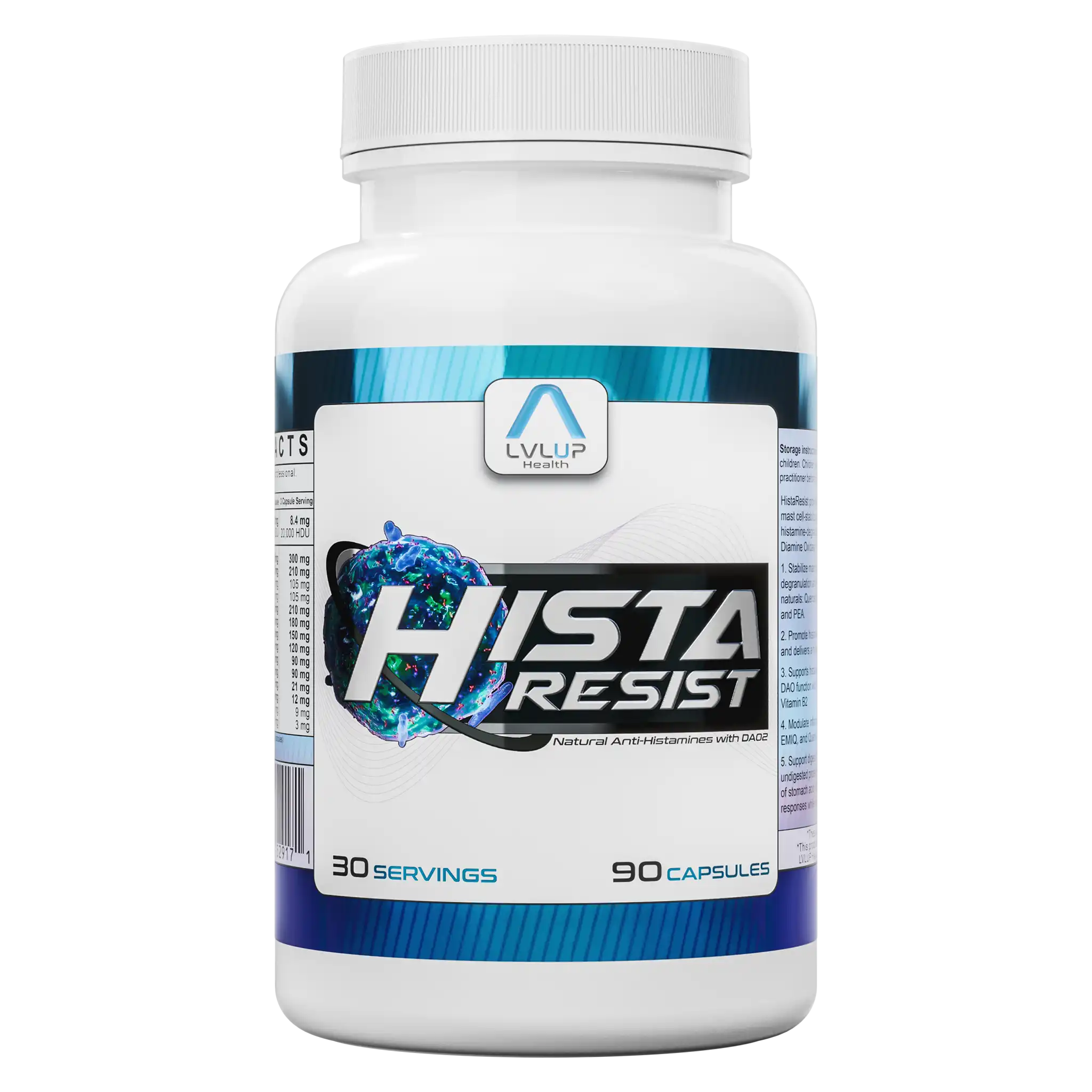Vitamin C
About Vitamin C
How Vitamin C Works in Your Body
Vitamin C is active all year, not just during cold seasons. It supports skin and joint health by aiding collagen production – the protein that keeps skin smooth and joints flexible. Its antioxidant properties combat free radicals from pollution and stress, providing cellular protection.
Immune Support and Mast Cell Regulation
Vitamin C enhances immune function by supporting white blood cells and stabilizing mast cells, the immune system’s early responders. This can help regulate inflammatory reactions, making it beneficial for those with sensitivities.
Iron Absorption and Gut Health
For those on plant-based diets or avoiding red meat, Vitamin C improves non-heme iron absorption, helping maintain energy levels. It also supports gut health by protecting the digestive tract lining.
Pairing with Other Ingredients
Combining Vitamin C with vitamin E or plant polyphenols offers layered protection against stressors. This is like reinforcing cellular defenses, enhancing overall wellbeing.
Found In
Formulated With
Detailed Information
Biochemical Role in Collagen Synthesis
Vitamin C acts as a cofactor for hydroxylases essential in collagen biosynthesis, ensuring stable collagen formation. Its presence is crucial in the post-translational modification of prolyl and lysyl residues.
Immune Function and Inflammation
Ascorbic acid aids neutrophil function and T-lymphocyte proliferation by maintaining reduced glutathione levels. It modulates cytokine production by influencing DNA methylation, impacting immune responses and inflammation.
Mast Cell Stabilization
Vitamin C stabilizes mast cells by inhibiting degranulation pathways, thus limiting histamine release. Its anti-inflammatory effects involve downregulating NF-kB signaling and reducing pro-inflammatory cytokines.
Antioxidant and Neurobiological Functions
As an antioxidant, Vitamin C neutralizes reactive oxygen species and regenerates vitamin E. It enhances non-heme iron bioavailability by reducing ferric to ferrous iron. In neurobiology, it maintains blood-brain barrier integrity and aids catecholamine synthesis, supporting cognitive function.





